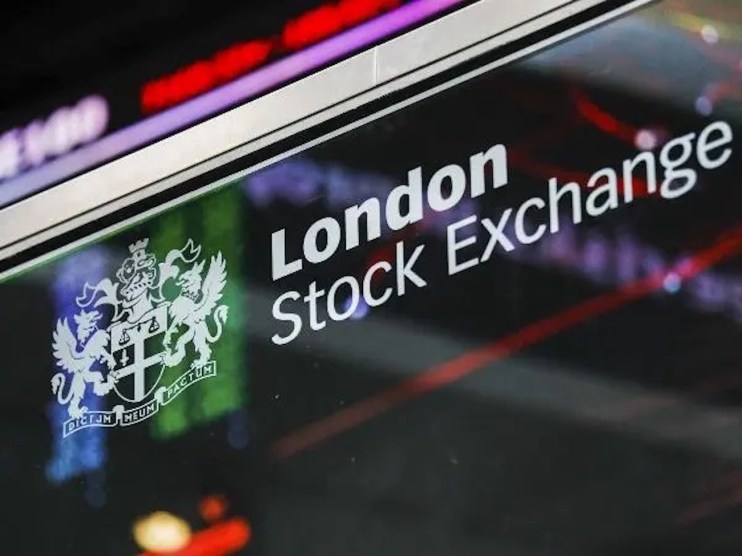With London IPOs on the wane, the private equity market needs to stay competitive

Private equity deals have gone through a rocky patch but there is still plenty of capital looking for a home, says Edwin Richards
Whilst popular in decades gone by, the age of the conglomerate has long been over.
Most investors want to decide which sectors they invest in and want to be associated with champions in those sectors. They don’t want company managers using “spare” cash to invest in an unrelated business. They would generally prefer it to be returned to shareholders, by way of dividend.
Many CEOs like to acquire businesses as it is generally seen as the aggressive move, but, as Deloitte’s 2024 Global Divestiture Survey said earlier this year: “… shedding components of an organization can be as important a strategic tool as acquiring new ones”.
The survey went on to say: “Divestiture is a critical instrument in the corporate strategy toolbox, and the organizations that remain divestiture-ready in their outlooks can be better prepared to benefit from it than organizations that hold it at arm’s length as a necessary evil reserved for times of crisis”.
A classic example has just hit the headlines: Permira is looking to spin off the UK accounting business of Evelyn Partners with a price tag of £500m, while retaining and growing the wealth management part of the business. A possible carve-out route would be an IPO.
The London Stock Exchange is working hard to generate more IPO business for London and the Financial Conduct Authority’s new rules go some way to making the London IPO option more attractive, but the competition from New York, and to a lesser extent Euronext in Amsterdam, is fierce. As reported in City AM, London is at risk of losing out on the carve-out of the Unilever ice-cream business.
Whilst it may be a cliche to say so, the City really is a major driver of the UK economy and any government policy that drives that business away hurts us all. Investors in venture capital, private equity (PE) and IPOs are all very international and mobile.
Allocating capital to where it can be most effectively used is a necessary part of a healthy economy and governments of all stripes have never been good at picking winners. At this crucial time for our economy, with growth outlined as a key intention, proportionate and efficient spending will be a crucial challenge for the government to navigate but investment should be left to the markets.
Plucking feathers from the golden goose
There are certainly plenty of concerns in the City and beyond that the new government will reverse the gains made by trying to pluck too many feathers from the London financial goose. But this doesn’t have to be the case.
Whilst PE deals have gone through a rocky patch of late after the end of cheap borrowing, interest rates have perhaps settled down at a more historically literate rate and the market is getting used to it. The PE firms still have plenty of capital looking for a home and we are seeing a growing appetite in this area. The London IPO market needs to recover and should be a natural home for carve-outs from PE firms. The government has a part to play in encouraging inward investment in general (not specifying where it is to go), reducing regulation and promoting the City. Ultimately, creating the right environment for PE and related IPOs to flourish. There are, however, already concerns that the tax revenue base is shrinking from fear of Budget Day, so tax rises should be considered carefully.
Overall, it is essential that investors and business owners remain incentivised to invest into the UK economy. Any new taxes aimed at London, PE and beyond should show an appreciation for the risk profile involved in making those profits.
Edwin Richards is a corporate partner at law firm JMW Solicitors in London